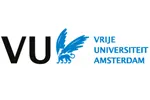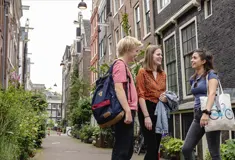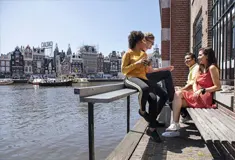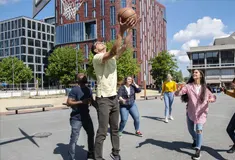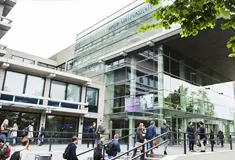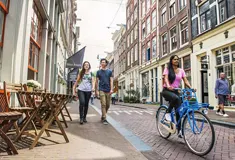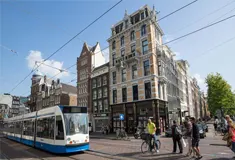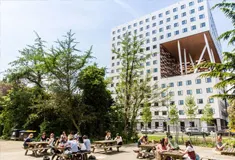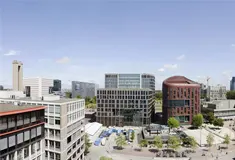About Spatial, Transport and Environmental Economics - Real Estate Economics and Finance, Master Degree - at Vrije Universiteit Amsterdam
You apply for the one-year master Spatial, Transport, and Environmental Economics. Later that year you may specialize in one or a combination of the following fields:
Urban and Regional Economics
This specialization is about the good (e.g. high wages) and the bad (e.g. high crime) of cities and regions. For example, why are some cities thriving, while others struggle? What types of firms and people cluster in space, and why? What does economic theory teach us about policy challenges that metropolitan areas face, such as crime, social segregation, housing affordability, traffic congestion and environmental pollution? How can you use and further develop techniques, methods and tools in this field?
Transport Economics
What are the causes and consequences of a growing demand for mobility from a microeconomic perspective? How can we address problems such as congestion, reliability, safety, and environmental externalities? For example, what are the implications of market power in network markets such as aviation and public transport, and how should we address these in transport policy? How should cars be optimally taxed? Is there a way to stimulate drivers to avoid peak hours, in order to take the pressure off the roads? Does Uber increase or decrease the use of public transport?
Environmental Economics
What are the economic aspects of environmental problems and policy? How can you combine scientific and policy expertise? How can you address the need to integrate economics with insights from other disciplines, notably the environmental sciences? For example, to what extent are environmental taxes too low, and why? Why would countries want to join the Kyoto Protocol or the Sofia Protocol? What role could trade sanctions play herein?
Real Estate Economics and Finance
How do real estate markets function? More specifically, how does price determination work in these markets, and how are portfolios managed? What is the impact of land use regulation, transport infrastructure, and public policy on real estate price dynamics? What is the relationship between real estate and its location?
Learn more about Spatial, Transport and Environmental Economics - Real Estate Economics and Finance, Master Degree - at Vrije Universiteit Amsterdam
Visit course webpage 

